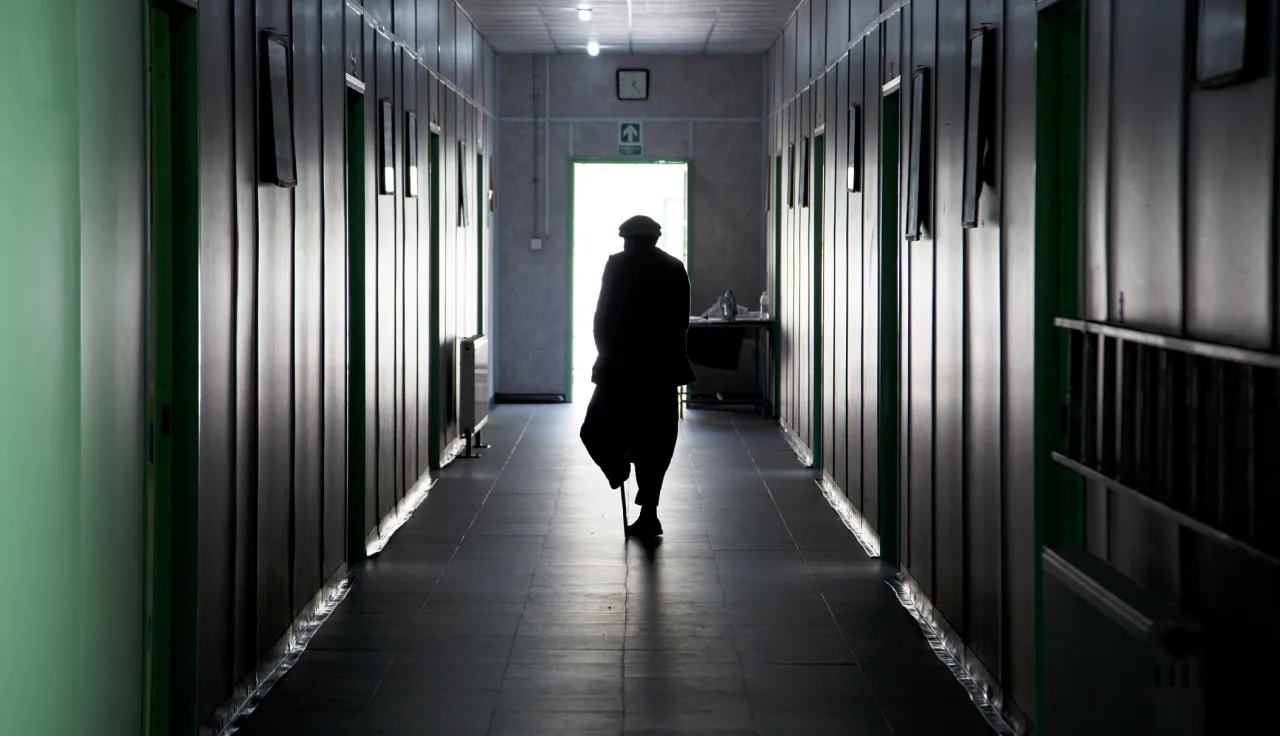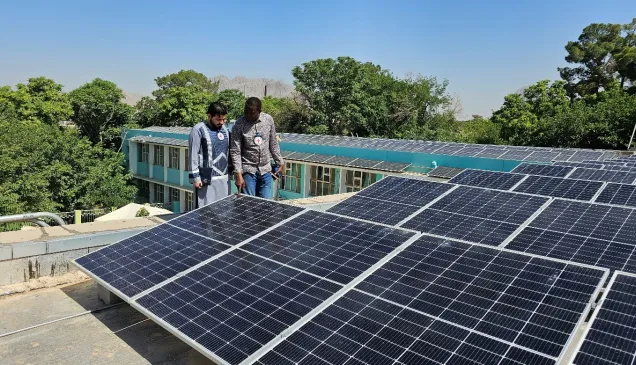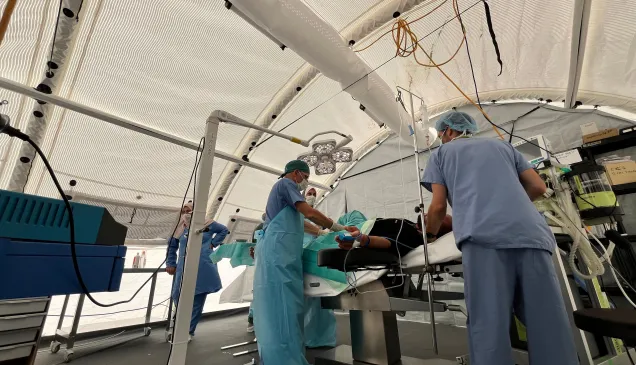Pakistan: Working to reduce preventable amputations

The Muzaffarabad Physical Rehabilitation Centre (MPRC), supported by the International Committee of the Red Cross (ICRC), is the primary source of physical rehabilitation services in Pakistan-administered Kashmir. The centre was established after the 2005 earthquake that left thousands of people in need of physical rehabilitation.
In 2017, a study conducted by the MPRC on the nature of injuries and amputations being treated at the centre revealed that up to 10% of the patients had to face amputations as a result of complications caused by diabetes. So, while the need for physical rehabilitation services for people suffering conflict-related injuries and disabilities was acute, 10% of the amputations were preventable.
To address the issue of preventable cases and reduce the caseload on MPRC, the ICRC adopted a public health approach by establishing the Diabetes Project in partnership with the Department of Health in Pakistan-Administered Kashmir.
The project aims to create awareness of the signs and symptoms of diabetes to enable early detection, train lady health workers in early detection and referral and spread knowledge about preventive measures and diagnosis. The project also works in tandem with local Basic Health Units (BHU) in creating a referral system for diabetic foot cases to the Combined Military Hospital and AIMS and to encourage stocking of appropriate medication.
Through these low-cost initiatives that include creating awareness of how unmanaged diabetes can lead to the loss of limbs and other extremities, the project aims to reduce the load of preventable cases at the MPRC in the long run.
Building on previous efforts, the programme seeks to equip BHUs with medical equipment and training to build their capacity in treating non-emergent cases. These training sessions, as with the training of lady health workers, are delivered by The Diabetes Centre (TDC).
Considering a shift of need and capacity during COVID-19 pandemic, the ICRC has also partnered with TDC and the Health Department of Pakistan-administered Kashmir to provide teleconsultations and doorstep medical services to diabetic patients, benefiting 1,800 patients spread across Islamabad, Rawalpindi and Pakistan-administered Kashmir.



